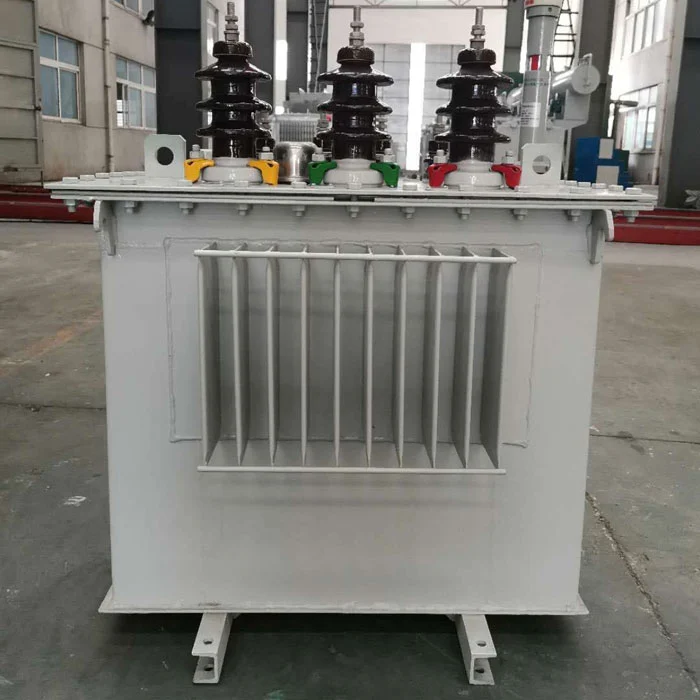
In the core equipment of power systems, oil immersed transformers achieve efficient conversion of alternating current between different voltage levels by virtue of the dual functions of insulating oil - insulation protection and heat dissipation cooling. Their internal cores, windings, and bushings are completely submerged in transformer oil, a design that endows the equipment with strong power processing capabilities and excellent heat dissipation efficiency, making it an indispensable power hub in substations and distribution centers.

The performance of transformer oil is directly related to the operational performance of oil immersed transformers. As the "blood" of the equipment, it not only quickly dissipates the heat generated during operation but also constructs a precise insulating barrier to prevent electrical breakdown between internal components. However, differences in the electrical and physicochemical properties of various transformer oils profoundly affect the safety, reliability, and service life of the equipment.
In terms of electrical performance, the insulating capacity of the oil quality is crucial. Significant differences exist in the dielectric properties of some oil qualities. Oils with insufficient insulating performance are prone to causing partial discharges inside the oil immersed transformers, which will accelerate the aging of the winding insulation over time, hidden dangers of electrical failures, and directly threaten the stability of power supply.
Regarding physicochemical properties, the thermal stability, oxidation stability, and viscosity of the oil quality cannot be ignored. For example, certain oil qualities have low flash points, presenting a combustion risk when overheating failures occur inside the transformer, which limits their application in scenarios with high reliability requirements. While other oil qualities have the advantage of high flash points, their unstable chemical structures make them prone to oxidation reactions, shortening their own service life. Additionally, the viscosity of the oil affects heat dissipation efficiency—too high viscosity will weaken the cooling effect, leading to long-term high-temperature operation of the transformer and accelerating overall performance degradation.
Environmental characteristics are also an important consideration in oil quality selection. Traditional oil qualities degrade slowly in nature, and once leaked, they will cause long-term pollution to soil and water bodies. In contrast, new environmentally friendly oil qualities significantly reduce environmental hazards with their good biodegradability, better aligning with the industry trend of sustainable development. The differences in environmental performance among different oil qualities urge the power industry to comprehensively balance operational needs and ecological impacts when selecting equipment.